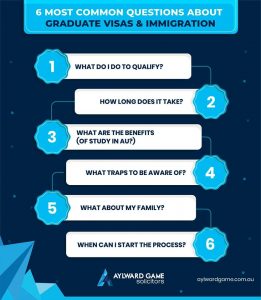Did you know that currently, some 30% of Australian marriages end in divorce? That’s a pretty scary statistic, but that’s the reality. When people get married they don’t go into the relationship thinking it’s going to end in a few years. Most view the commitment to being for life at the time. As unromantic as it sounds, it’s wise to be prepared for the big day where you sign those legally binding documents. If you are entering into the marriage with considerable assets already, as a safeguard it’s a good idea to consider a prenuptial agreement.
This is by no means a prophecy that you’re certain your marriage will fail, or even that you’re viewing it in a negative light. It’s simply a sound business decision of sorts. In every other facet of life you would be ensuring you protect yourself, so why should a romantic relationship be any different?
Not only is a prenup a good idea prior to marriage, but it’s also something to seriously consider before entering into a de facto relationship as well. These days de facto relationship is viewed the same way as a marriage by law, if you’ve been living in a domestic cohabitation for 2 years or more, so your assets could be at the mercy of your partner without a prenup should the relationship fail at some point.
Give Yourself Peace of Mind
Negotiating and signing a prenuptial agreement before the marriage takes place, or before entering into a serious domestic relationship, will alleviate a lot of the uncertainty regarding the distribution of assets should the relationship end in separation or divorce.
Not only that, the settlement after separation or divorce will be simplified and expedited as a result of having a clear and concise prenup in place. The legalities regarding finances and division of property and assets have already been worked out and agreed upon.
This takes a lot of stress, debate, and confusion out of the divorce process, leaving you free to work on getting over the failed relationship and being able to move on with your life.
A Prenuptial Agreement Is Legally Binding
A prenup is definitely a legally binding document, or it would serve no useful purpose. It is signed prior to entering into marriage or a serious cohabitation relationship. When the agreement has been worked out, the signature of each party signifies that they understand the contents of the document and agree to the document’s stipulations regarding the distribution of assets in the event of a divorce or relationship separation. The document will often include liability for debts and leaves very little confusion for either party.
Your Family Law Experts
Aylward Game Solicitors in Brisbane fully understand there may be a need for a prenuptial agreement, and our team has the experience to help negotiate a prenup that both parties are happy with. If you feel you need a prenuptial agreement, talk to us first before the big day and we’ll assist you in the process of safeguarding your assets.
Article Source: Prenuptial Agreements










